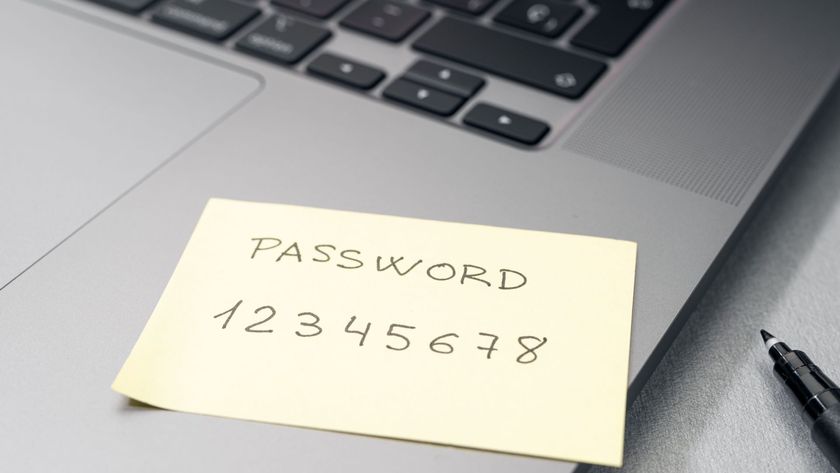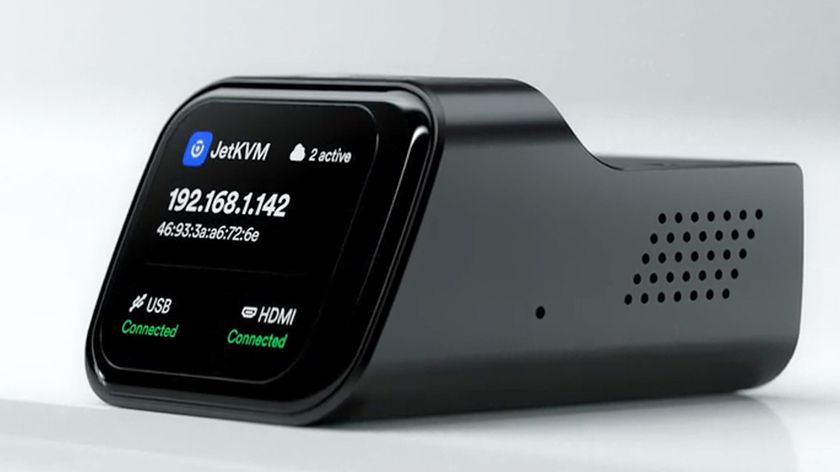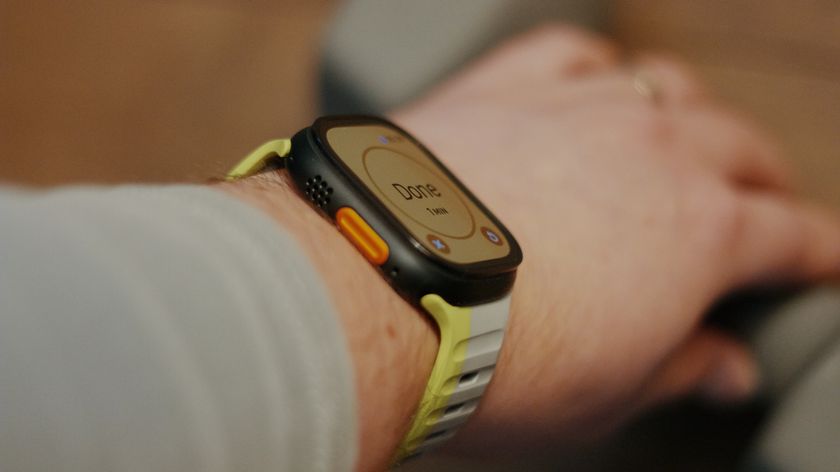New code will protect payment fraud victims
New code is designed to protect consumers from Authorized Push Payment scams

Consumers that have been tricked into transferring money to fraudsters could be entitled to reimbursement thanks to a new voluntary industry code that recently came into force.
Under the new code, victims will be able to get their money back in cases where neither they nor the bank has done anything wrong but customers will still have to meet “standards expected of them”.
This means that they could be denied reimbursement if they have been negligent by ignoring warnings or not following the procedures of their own organization.
- How are consumers protecting themselves against online fraud?
- Phishing scams account for half of all fraud attacks
- Pointing to the future: the next step in fraud prevention
According to the trade body UK Finance, Authorized Push Payment (APP) scams cost the UK £354.3m last year with consumers losing £228.4m and non-personal or business account holders losing £126m. There were 84,524 cases of APP scams reported in 2018 with 78,215 related to personal accounts.
APP scams
One popular APP scam involves fraudsters tricking potential home buyers into sending their deposit to them as opposed to their solicitors' accounts.
APP scams also differ from other types of fraud such as credit or debit card scams due to the fact that until now, victims were not entitled to any reimbursement.
Now though, a number of banks have signed a code of practice to reimburse victims and they will fund the scheme on an interim basis until January when longer-term funding arrangements are put in place.
Are you a pro? Subscribe to our newsletter
Sign up to the TechRadar Pro newsletter to get all the top news, opinion, features and guidance your business needs to succeed!
Barclays, Lloyds Banking Group, HSBC, Metro Bank and Royal Bank of Scotland are among the initial signatories of the new code ahead of its launch but are more banks are expected to follow suit.
The Payments Systems Regulator has also proposed that the six biggest banking groups in the UK fully put the confirmation of payee measures in place by 31 March 2020.
- We've also highlighted the best identity theft protection
Via MSN
After working with the TechRadar Pro team for the last several years, Anthony is now the security and networking editor at Tom’s Guide where he covers everything from data breaches and ransomware gangs to the best way to cover your whole home or business with Wi-Fi. When not writing, you can find him tinkering with PCs and game consoles, managing cables and upgrading his smart home.










